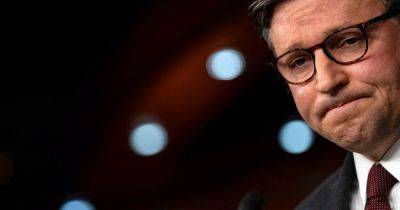The 'Sephora Baby' Craze Has Tweens Obsessed With Anti-Aging. But Doctors Have Warnings
As a teen in the mid-2000s, the Proactiv commercials playing repeatedly on MTV were the beginning and end of my skin care education. Amongst us teens at the time, acne was our main, and perhaps, only concern— and we were willing to sacrifice as many towels and pillowcases to the bleaching power of the benzoyl peroxide gods to get acne-free skin.
Today’s teens and tweens (and their linens) have a completely different standard these days, as it’s easier than ever to access skin care education through social media like YouTube and TikTok. However, much of their skin care “education” may come from influencers, whose main objective is ultimately to influence their audience to buy products. And for their teenage audience members, these products aren’t always the right choice.
Take, for example, the recent “Sephora Baby” trend, in which teens and tweens as young as 9 or 10 are using pricy skin care for adults, particularly from Drunk Elephant (not surprisingly, this trend was largely influenced by a TikTok of then-9-year-old North West — the daughter of Kim Kardashian — using a variety of expensive skin care products). Eleven-year-old Penelope Disick (the daughter of Kourtney Kardashian) also shared a video — in which she was using anti-aging serums.
But should young girls necessarily be using the same products as adults? In short, not always.
“Social media can be helpful in raising awareness of certain skin conditions, but may also be harmful in spreading false information. There is a lot of ‘marketing noise’ on social media,” said Dr. Angela Casey , an Ohio-based, board-certified dermatologist and founder of the Bright Girl skin care brand. “Skin is very different in our pre-pubescent, tween and teen years compared to our







